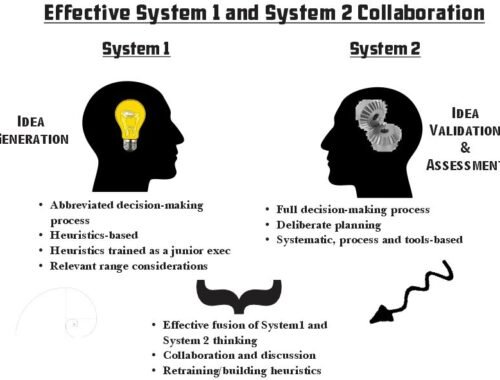
Do Oaths Have any Meaning Anymore?
I and all Military officers took the oath above. I assume most of us took the oath seriously. Other federal offices take the oaths in Table 1. Over the last several years, as I watched federal judges say the Constitution is out of date and meaningless, Congressional members flaunt rules and hurt the Republic—huge deficits cannot be good for the Republic, and civil servants pursue their own ideologically driven agendas, I have to wonder if the oaths mean anything of if they are just quaint artifacts of our history that have no real meaning or binding affect.
| Table 1 Federal Oaths of Office | |
| Office | Oath of Office |
| President | “I do solemnly swear (or affirm) that I will faithfully execute the Office of President of the United States, and will to the best of my ability, preserve, protect and defend the Constitution of the United States.” |
| Congress | “I, AB, do solemnly swear (or affirm) that I will support and defend the Constitution of the United States against all enemies, foreign and domestic; that I will bear true faith and allegiance to the same; that I take this obligation freely, without any mental reservation or purpose of evasion, and that I will well and faithfully discharge the duties of the office on which I am about to enter. So help me God.” |
| Federal Judge | “I, ___ ___, do solemnly swear (or affirm) that I will administer justice without respect to persons, and do equal right to the poor and to the rich, and that I will faithfully and impartially discharge and perform all the duties incumbent upon me as ___ under the Constitution and laws of the United States. So help me God.” |
| Civil Service | “I, AB, do solemnly swear (or affirm) that I will support and defend the Constitution of the United States against all enemies, foreign and domestic; that I will bear true faith and allegiance to the same; that I take this obligation freely, without any mental reservation or purpose of evasion; and that I will well and faithfully discharge the duties of the office on which I am about to enter. So help me God.” |
We see our federal officials readily dance around the edges and even cross them with no repercussions. While the public’s trust and respect for these officials plummets, they get re-elected, re-appointed, and continue to serve. At some point, we act as if the oaths are meaningless, quaint artifacts. For instance, how can a federal judge say the Constitution has no meaning and adhere to the oath?
One problem is what constitutes an enemy and threat to the Constitution? Does poor legislation that undermines security (physical, financial, and cultural) constitute a threat? Are bureaucratic actions and policies that run counter to the Constitution a threat? Potentially threat is in the eye of the beholder and the closer and longer we dance on the edge of threats, the less they feel like threats.
For an oath to have any meaning, the oath-taker and society need to take it seriously and obligate themselves. For the oath-taker, that means either having the virtue to comply with the oath voluntarily or the fear of punishment for breaking the oath. That fear is essentially why “so help me God” is included in most of the oaths. Curiously, the one oath in Table 1 that does not invoke God is for the President. The Presidential oath of office is specified in Article II, Section 1 of the Constitution. Perhaps the founders hoped for virtue.
The other oaths invoke God. But if God is driven out of our civic lives, does the threat of divine punishment mean anything? And if the civil authorities turn a blind eye, is there any fear? That leaves virtue, a quality that seems scare in society today.
Now if we do not clearly define a threat or enemy, all of this is academic. But what happens if the civil authorities suspend or re-ratify the Constitution? Since the oath is to defend the Constitution, are they now enemies?
What does the military do if civil authorities act visibly against the Constitution? Do they ignore their oaths and obey orders? Or do they act in accordance with their oath and remove the civil authorities? What is the path of virtue in such a situation? While I hope we never cross that point, I honestly can never remember a serious discussion of what the military officers’ oath truly means when a civil authority suspends or de-ratifies the Constitution. We all take it, but how much do we really reflect upon it.
Do oaths have any meaning in a society not underpinned by virtue or at least fear of punishment? I, for one, think we need to restore virtue to society.






One Comment
Pingback: